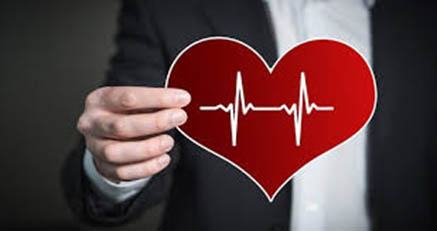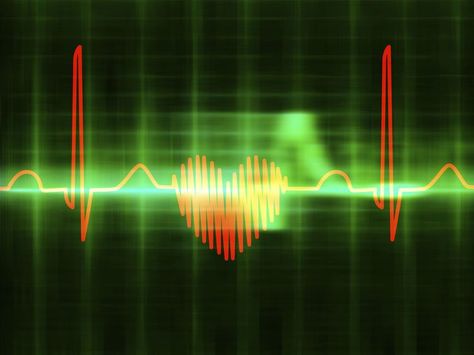A heart palpitation is a sensation that your heart has skipped a beat or added an extra beat. It may feel like your heart is racing, pounding, or fluttering. You may become overly aware of your heartbeat. This sensation can also be felt in the neck, throat, or chest. It’s also possible that your heart rhythm can change during the palpitations.
Most heart palpitations are harmless and may resolve on their own allowing you time to consult me or your GP on an elective basis. However, there are situations when heart palpitations can indicate a serious heart condition and may need urgent consultation.
Most importantly, it is vital to have an ECG “AT THE TIME” when you are experiencing symptoms of palpitations and therefore always make an effort to go to the nearest hospital where an ECG can be done.
Not infrequently palpitations do not last long enough to be recorded in an ECG nevertheless you will be suffering from symptoms that can be debilitating. In such a situation, I will recommend the prolonged recording of your heart rhythm called HOLTER monitoring for a continuous period of 24-48 hours or at times a Cardiac Event Recorder for a much longer period 5-30 days so as to be able to “catch” the rhythm at the time when you are experiencing symptoms.
Palpitations often are due to fast heart beating and it can be either due to primary abnormality in the electrical wiring of the heart (termed Arrhythmia) or a normal reaction to some other illness such as overactive thyroid gland.
Arrhythmias:
Arrhythmias or abnormal heart rhythms can be either benign (not dangerous) but a nuisance in terms of troublesome symptoms or life threatening.
It is important to identify the cause of arrhythmias as the treatment will vary based on the nature and seriousness of the condition.
Arrhythmias are broadly classified as Supra-ventricular (SVT) (mostly benign, non-dangerous conditions) or Ventricular (VT) (often serious and life-threatening).
If I am able to capture the heart rhythm during the time you are experiencing symptoms of palpitations 9 out of 10 times I will be able to identify the nature of the arrhythmia as either non-serious or serious.
To know the exact subtype of arrhythmia- you will need a special test called cardiac electrophysiological studies where I will insert electrical wires into your heart via a vein in the top of your leg and/or neck and re-create the palpitations so that I can study the electrical properties of the arrhythmia. Once I know the exact nature of the abnormality in the wiring of your heart, on most occasions, I will be able to fix it with a special technique called radio-frequency ablation- where I issue radiofrequency waves to burn the bits within the heart electrical wiring that causes the short circuit of electricity and thus lead to troublesome palpitations.


